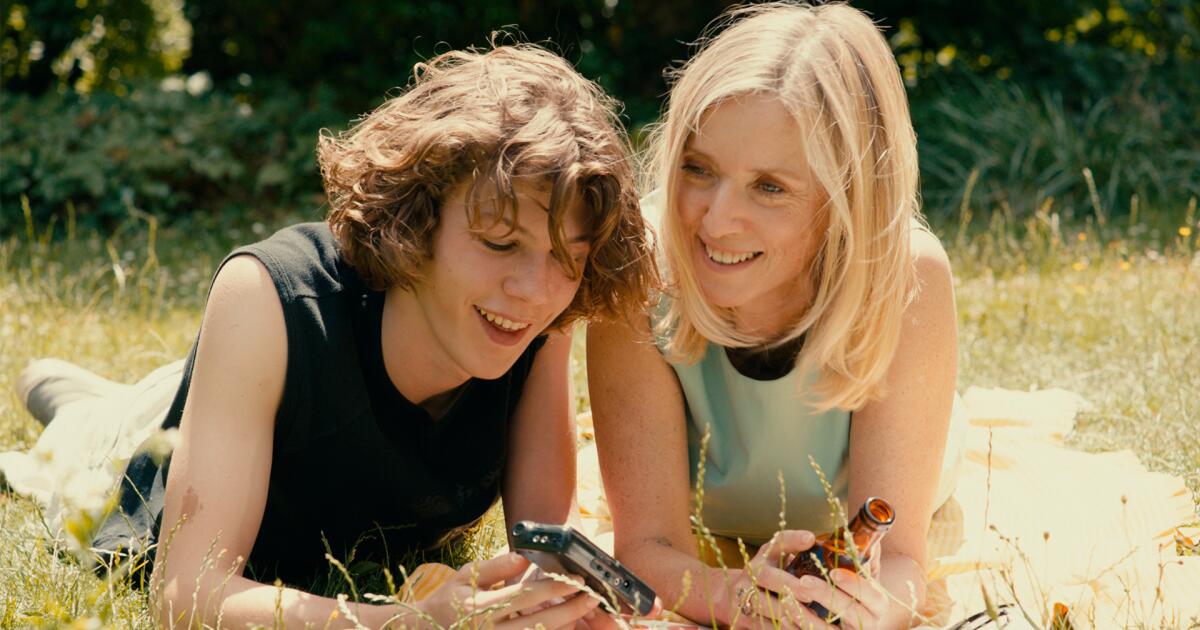There’s no defending what Anne, a successful lawyer and mother, does when she begins an affair with her 17-year-old stepson, Théo, in the incandescent French drama “Last Summer.” And the director, Catherine Breillat , does not try to defend her, nor condemn her. That’s because her bracing new film is above all a study of human behavior, when the follies of desire knock even the most settled life off its axis.
Taboo French dramas can still conjure up the image of old-school art-house cinema promising forbidden pleasures. But Breillat is a sharp-eyed veteran of provocation with a purpose. She’s spent decades revamping how the movies portray sex, love and the power dynamics and complicated attractions between men and women.

“Last Summer” shows us Anne (an incredibly nuanced, frankly Oscar-worthy performance from Léa Drucker) and gives us not highbrow titillation but one woman in full. The film opens audaciously with Anne at her law office, prepping a tearful teenager for testifying about a sexual assault. She warns her client about how she may be judged.
Then Anne drives home to a life of sun-kissed bourgeois comfort: two adorable little daughters, a hardworking and sincere husband, a tree-shaded house. Maybe she’s bored by dinner parties, but Anne chops it up with her scrappy sister and loves her family. Théo (newcomer Samuel Kircher) moves back home in the wake of problems at school and concerns from his dad, Pierre (Olivier Rabourdin), Anne’s husband.
.























